My Senior Research Project adventure began the summer before my senior year. Our advisors asked us to watch, read and learn about a variety of different topics. It was exciting that they gave us the freedom to choose between many different articles, movies, books and documentaries.
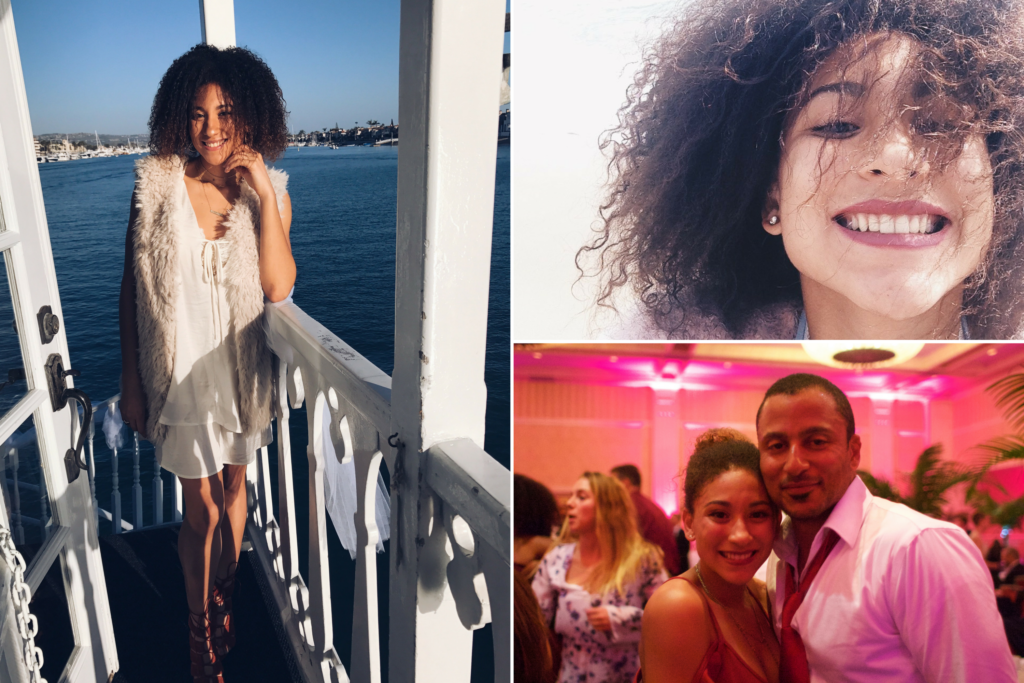
One of the materials I chose to watch was the documentary “Good Hair.” The documentary was absolutely fantastic. The actor Chris Rock travels around African American communities in the United States and talks to the citizens about the culture of their hair. He documents that hair is particularly important in African Americans’ lives. Not only does a lot of time and consideration go into the planning of hair care and hairstyles, but tons of money as well. He related to this topic because his two young daughters have curly hair, and he wanted to make sure he raised them to be confident women who loved themselves inside and out.
Being an African American girl, this topic was very personal to me. After watching the documentary, I suddenly sparked an interest in the culture of hair in African American communities and how it affects African American women. I studied the Eurocentric standard of beauty that Americans blindly (some not so blindly) follow and how it negatively impacts the self-esteem of African American women. This Eurocentric standard of beauty favors European features as more desirable and acceptable. As a young girl, I always questioned my beauty and wasn’t confident with the features I inherited. I am a light skinned, half black, half Salvadorian girl with very curly hair. In the beginning of high school I was very self-conscious and insecure about my hair. I never wanted to wear it down, I always tried to straighten it, and I felt like no one liked my hair. Over the years, I have grown tremendously to love my hair; I am now very proud of every strand I grow. I am aware of the growth I have gone through, and I was curious to know if there were other African American girls that have gone through or struggle with what I went through. And if so, I wanted to determine if there was a pattern or a specific start to this struggle.
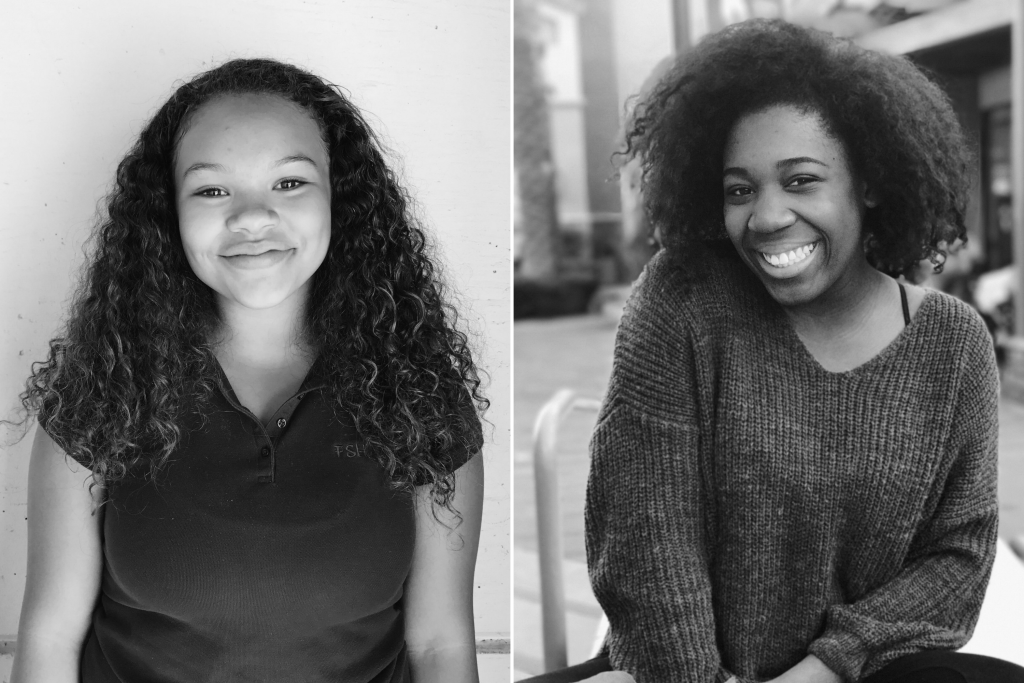
From these thoughts, I began researching. I watched another documentary on YouTube called “History of Black Hair: Our Hairstory,” I researched the reasons behind the Eurocentric standards of beauty, and I learned about the different African American hair movements such as Movement Nappy and Transitioning. I watched another interesting documentary on one specific woman who went through the transition. Transitioning is a process for an African American woman who has damaged her hair from chemically straightening it. She will choose to shave or cut off all the damaged hair and grow her hair back naturally. This process is very challenging and emotional, yet many African American women have decided to face this challenge.
After going through all my research, I decided to further my project. I wanted to get a hands on experience with other African American women to hear their thoughts about curly hair and their hair in particular. I decided to create podcasts. I interviewed African American girls that attend Flintridge Sacred Heart Academy, girls from my soccer team, and a few others. I asked each of them the same questions and would come up with questions when I heard something interesting while we were chatting. I learned that there was a pattern between all of the women I interviewed. Many of them were insecure about their hair at some some time in their lives. The older my interviewee was, the more confident they were with their hair. Depending on where they lived and who they hung out with, their confidence varied. Overall, all the girls were pleasant and thought positively of curly hair. Those who were still insecure or not sure of their hair are in the process of trying to become more confident with their natural strands. And those who have gone or have been natural hope they inspire other African American girls to love their hair and be proud of their culture.
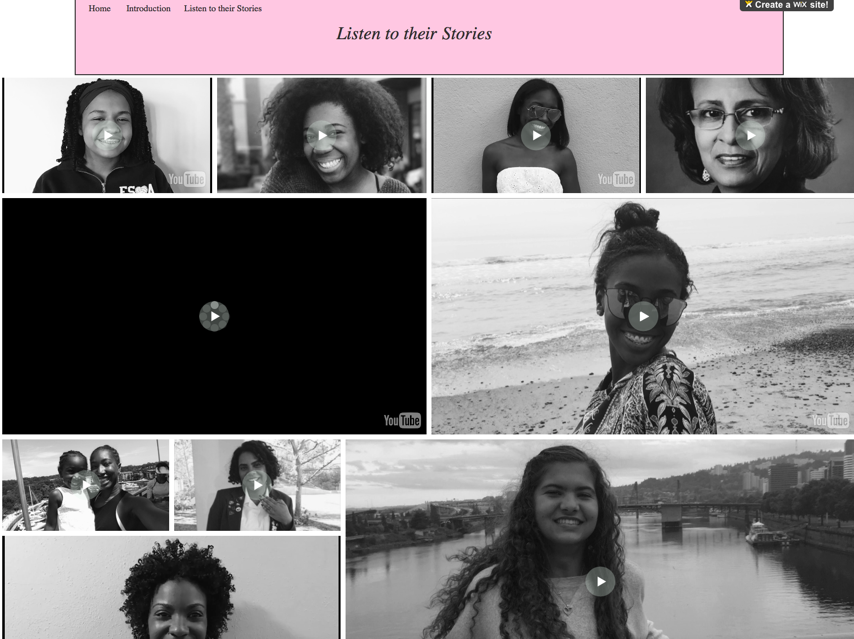
In the end, I had an amazing experience with my Senior Research Project. I found something that I was passionate about and I hope to continue my project some way or another. I think that the SRP is an amazing opportunity that our school provides. It allows girls to explore new ways of learning and add new experiences to their student tool belts.
Like what you’ve read? Apply now to Flintridge Sacred Heart Academy!

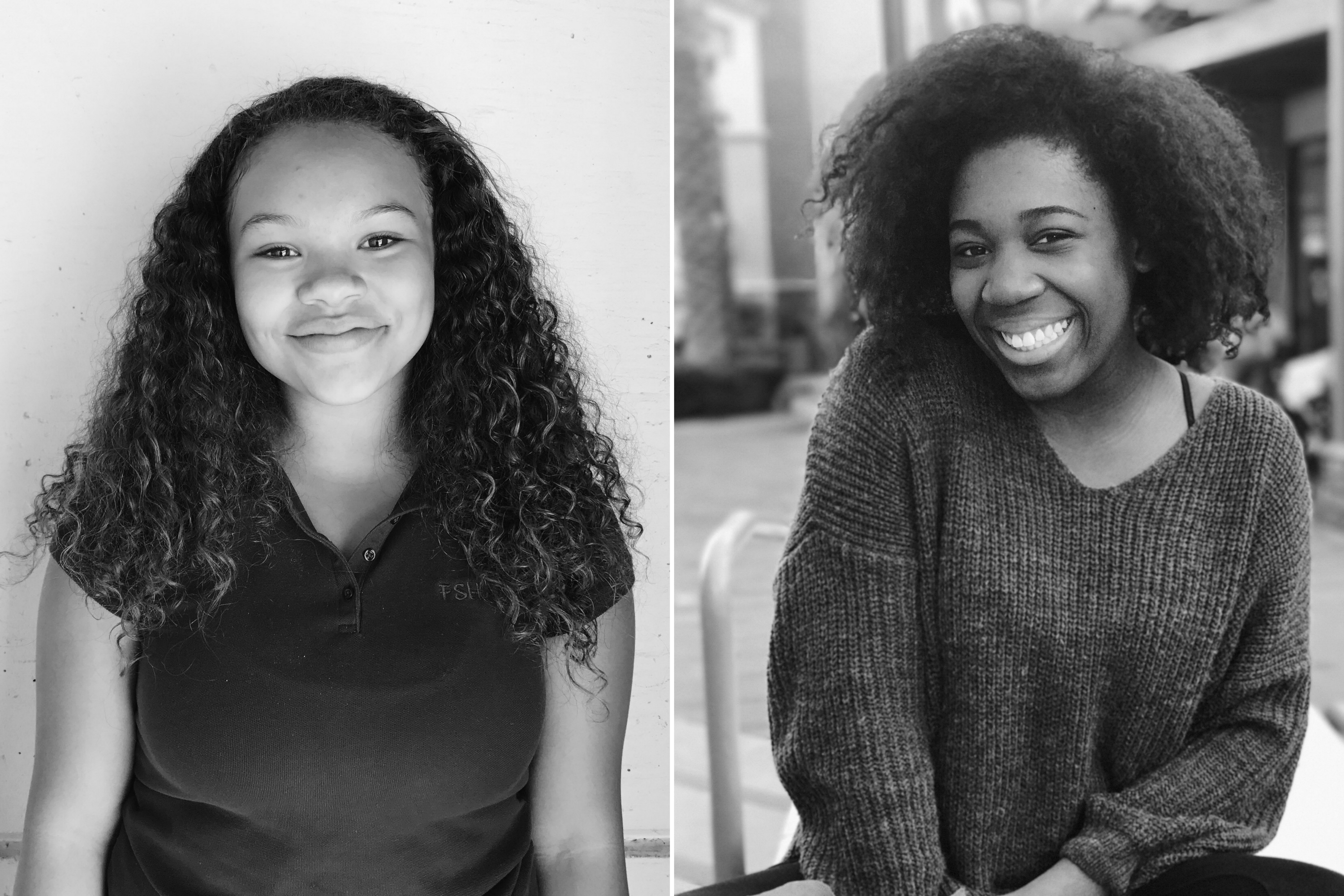



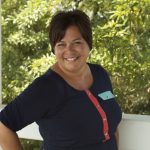
This is absolutely fantastic Nia, show Northwestern what you can do both athletically on the soccer field and academically — like what you did here. Congratulations!